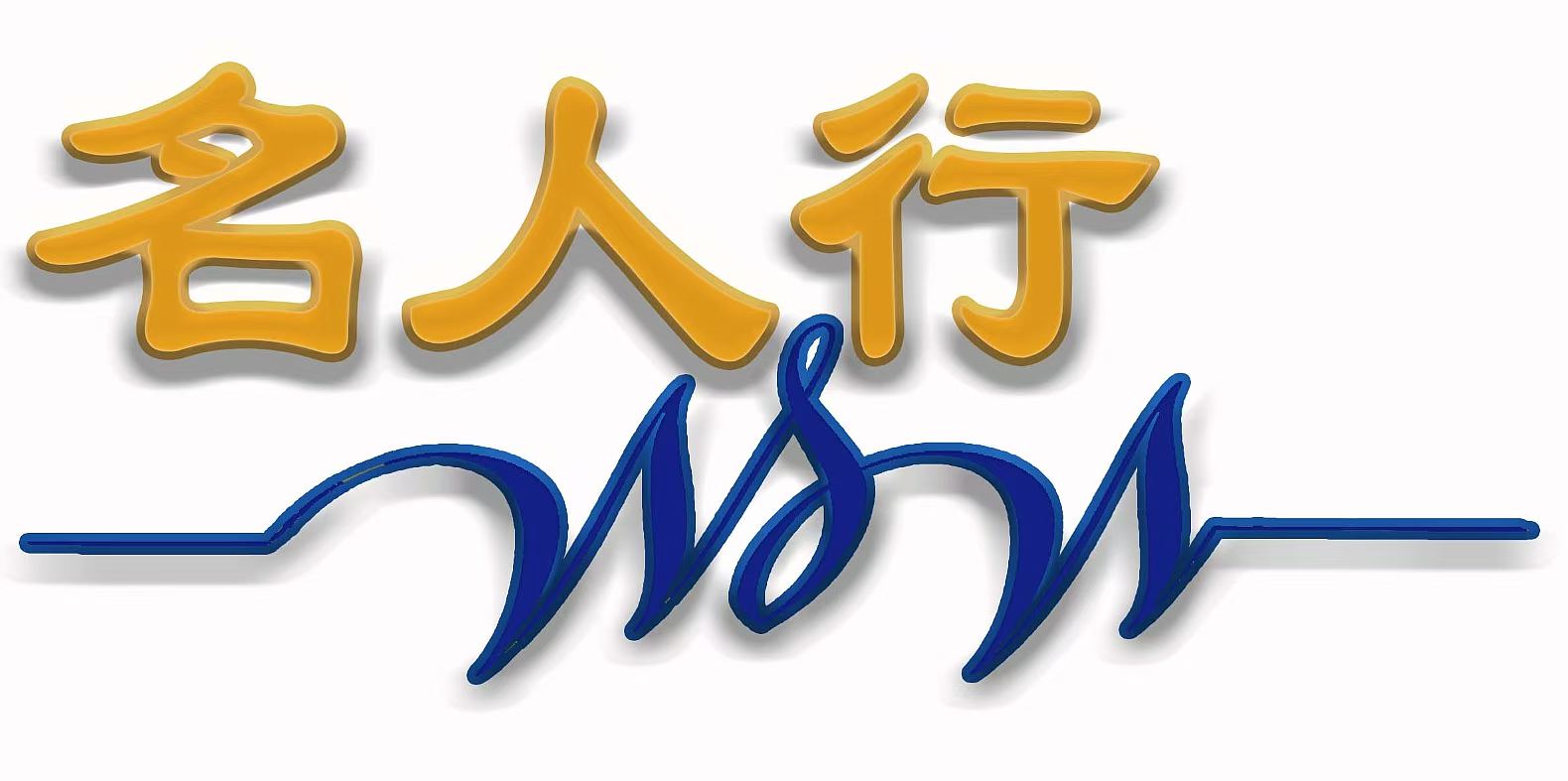The Dao Follows What is Natural, the Compassionate Heart Responds to All Beings
The Spiritual Foundation and Contemporary Value of Taoist Humanitarianism
Though "humanitarianism" originated in the West, its core spirit—respecting life, alleviating suffering, and pursuing equality and well-being—resonates deeply across human civilizations. Within the grand philosophical framework of "The Dao follows what is natural" (道法自然), ancient Taoist thought constructed a profound and unique humanitarian value system. This system is not a simple imitation of secular ethics but arises from recognizing and aligning with the Dao (道)—the cosmic origin—rooting human virtue in the very laws of celestial operation.
The philosophical foundation of Taoist humanitarianism lies in the universality and interconnectedness of the Dao. In Chapter 25 of the Daodejing, Laozi states:
"Humans model Earth, Earth models Heaven, Heaven models the Dao, the Dao models what is natural."This reveals the fundamental law governing the cosmos, from nature to human society: humans are not isolated but an organic part of the cosmic flow. The Taoist ideal of "harmony between Heaven and humanity" (天人合一) demands that human actions and inner spirit align with the natural, harmonious, and life-generating essence of the Dao. Zhuangzi’s insight in On the Equality of Things(齐物论)—"Heaven, Earth, and I were born together; the myriad things and I are one"—dissolves anthropocentric illusions, establishing equality among all beings. Within this cosmology, respect and care for humanity become a natural extension of honoring the dignity of the Dao and the unity of all things.
Taoist humanitarian practice manifests first in supreme reverence for life: the "valuing life" (贵生)philosophy. The opening of the Taoist scripture Scripture on Salvation (度人经) declares:
"The Dao of immortality values life; save others without limit."This transcends personal longevity, expressing deep reverence for all living forms. The Treatise on Response and Retribution (太上感应篇) warns:"Even insects and plants should not be harmed."This universal compassion stems from recognizing that all things embody the qi (vital energy) of the Dao, possessing intrinsic value. The early Taoist text Scripture of Great Peace (太平经) states:"The Way of Heaven abhors killing and cherishes life,"elevating life’s protection to a cosmic moral imperative. Taoism’s rich legacy in medicine and life-nurturing practices—such as Ge Hong’s (葛洪) records of herbs and healing in Baopuzi (抱朴子)—exemplify this "valuing life" principle.
Secondly, Taoism advocates "benefiting society and aiding others" (济世利人) as active social engagement. Laozi prioritized "compassion" (慈) as the first of the Three Treasures (三宝, DaodejingCh. 67):
"I have three treasures, guard and keep them: The first is compassion, the second is frugality, the third is not daring to be ahead under heaven."This "compassion" reflects profound empathy. Taoist exemplars—like Celestial Master Zhang (张天师) and Xu Xun (许逊, Xu Jingyang)—healed with talismanic water, subdued floods, built irrigation systems, and taught communities, embodying this ideal. Taoist ethical codes, such as the 180 Precepts Spoken by Lord Lao (老君说一百八十戒), mandate aiding the poor, healing the sick, building infrastructure, and mediating conflicts, making charity intrinsic to spiritual practice. This unity of "the immortal path" (仙道) and "the human way" (人道) reveals Taoism’s deep worldly concern.
Thirdly, Taoism embodies a radical "equality of all beings" (众生平等). Under the universal Dao and the wisdom of "equalizing things" (齐物), worldly hierarchies are seen as relative and transient. The Scripture of Western Ascension (西升经) states:
"The Dao is not mine alone; all things possess it,"affirming intrinsic equality. Early communities like the Way of Five Pecks of Rice (五斗米道, Celestial Masters) offered refuge and mutual aid during the Han dynasty’s collapse, challenging rigid social orders. Taoism also maintained relatively open attitudes toward women: goddesses like the Queen Mother of the West (西王母) and Wei Huacun (魏华存) held high status, and female Taoist adepts historically enjoyed autonomy rare in traditional society.
Contemporary Relevance of Taoist Humanitarianism:
- Mirror for Ecological Ethics: Concepts like "The Dao follows nature" and "all things are one" offer potent alternatives to anthropocentrism, providing ancient yet timely wisdom for ecological harmony.
- Inspiration for Bioethics: The universal respect for life inherent in "valuing life" informs modern debates on technology, animal rights, and environmental protection.
- Blueprint for Social Harmony: Principles of "compassion," "frugality," and "aiding others" guide efforts to support the vulnerable, curb consumerism, and build compassionate societies.
- Wisdom for Global Pluralism: The inclusive vision of "equalizing things" fosters respect for diversity and cultivates a cosmopolitan consciousness essential for our interconnected age.
Taoist humanitarianism is the flower of life rooted in the soil of the Dao. Emerging from a cosmology of "Heaven-human unity," it centers on "valuing life," cultivates virtues of "compassion" and "frugality," and manifests in "benefiting society." It reveals a profound vision: transcending anthropocentrism to honor all beings, alleviate suffering, and seek collective flourishing. Facing ecological crisis, social fragmentation, and spiritual disorientation, Taoism’s ancient yet vibrant legacy—with its deep reverence for nature, unconditional cherishing of life, and enduring pursuit of harmony—lights a path back to authenticity, compassionate engagement, and mutual thriving with all existence. The essence of "The Dao follows what is natural" lies in awakening our innate compassion and wisdom. Only then can the light of humanity truly illuminate the world we share.

Comments (0)
No comments